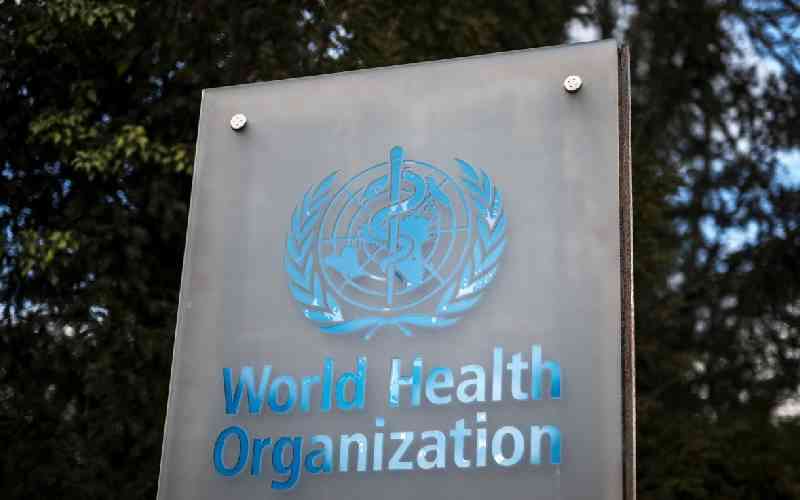
The growing trend of selling alcohol through online platforms has increased the risk of underage children accessing alcohol, exposing them to health dangers, according to a new study.
The report, Public Opinion Attitudes and Support for Government Action on Alcohol Use in Kenya, reveals that 82 per cent of respondents believe online alcohol sales make it easier for minors to obtain alcoholic beverages.
The study, commissioned in March by RESET Alcohol, a global initiative focused on alcohol policy and public health, found that children can purchase alcohol online using mobile phones registered under their parents' names.
Presenting the findings in Nairobi on Tuesday, Fabian Oriri, policy development officer at the International Institute of Legislative Affairs (IILA), noted that sellers often fail to verify the age of buyers, making it easier for minors to purchase alcohol.
"Sellers usually ask customers to confirm if they are of legal age, but do not verify the truth of the responses," Oriri said.
The study also highlighted public concern over the accessibility of alcohol to minors.
According to the findings, 90 per cent of respondents believe alcohol consumption is a significant issue in Kenya, with 77 per cent reporting that either they or someone they know has experienced negative effects of alcohol, such as car accidents, domestic violence, or unemployment.
A significant number of parents and caregivers expressed concerns about alcohol abuse among children.
- Why genes are to blame for alcohol addiction
Keep Reading
The report indicates that 93 per cent of respondents are troubled by the availability of alcohol, while 92 per cent are concerned that alcohol advertising makes drinking appear desirable to minors.
Additionally, 82 per cent noted that alcohol sales near schools encourage youth consumption, and 76 per cent felt that advertising near schools contributes to underage drinking.
The study found widespread support for policies aimed at reducing alcohol consumption, particularly among young people.
According to the report, 88 per cent of respondents believe the government has a responsibility to address alcohol-related problems.
Oriri emphasized the importance of proper tax policies and effective regulation to curb alcohol consumption.
He urged the government to implement health taxes and ensure ongoing adjustments for inflation and income growth, arguing that these measures are essential to reducing alcohol use and its associated harms, particularly among minors.
 The Standard Group Plc is a multi-media organization with investments in media
platforms spanning newspaper print
operations, television, radio broadcasting, digital and online services. The
Standard Group is recognized as a
leading multi-media house in Kenya with a key influence in matters of national
and international interest.
The Standard Group Plc is a multi-media organization with investments in media
platforms spanning newspaper print
operations, television, radio broadcasting, digital and online services. The
Standard Group is recognized as a
leading multi-media house in Kenya with a key influence in matters of national
and international interest.











